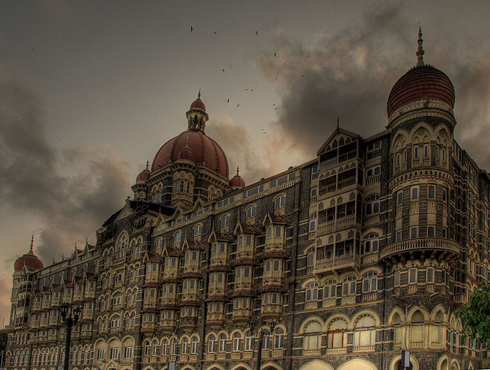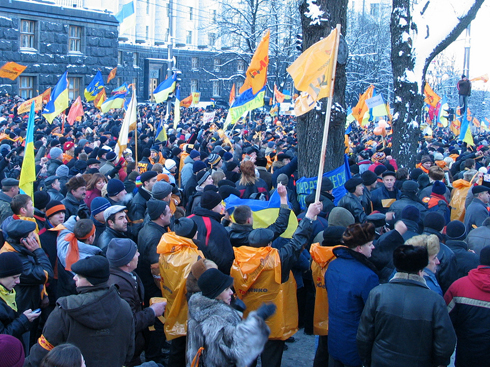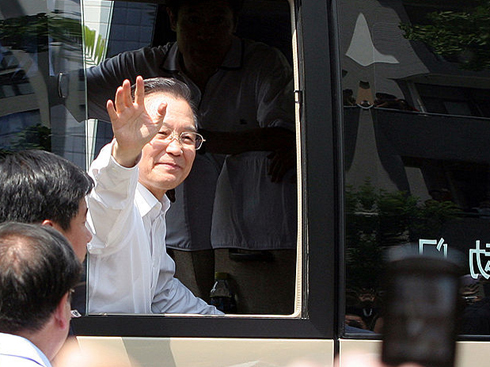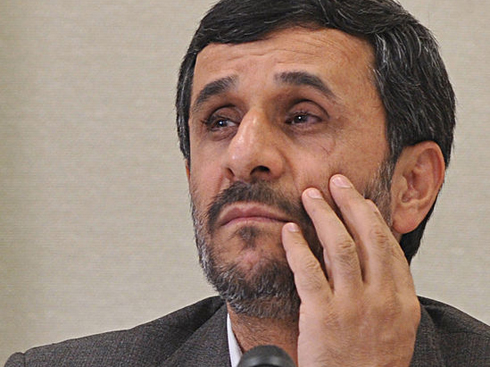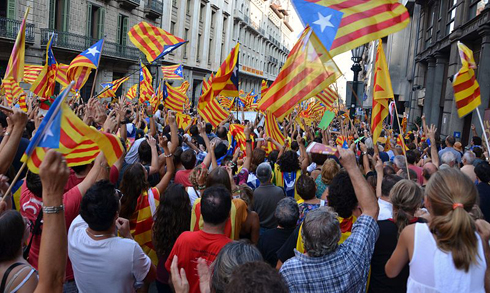
On November 25th Catalonians headed to the polls for a snap regional election. The polls were staged just two months after a massive pro-independence rally took place in Barcelona. Voter turnout peaked at almost 70%, the highest in 30 years, and the four political parties committed to holding a referendum on self-determination (CiU-ERC-ICV-CUP) got more than twice as many seats as those defending the status quo (PSC-PP-C). Crucially, both of Catalonia’s major parties – the governing center-right CiU and socialist PSC – suffered severe setbacks.
Accordingly, it appears that Catalonia is now set to hold a referendum on its ties to the rest of Spain, and that it does not trust its major political parties to steer the process.

